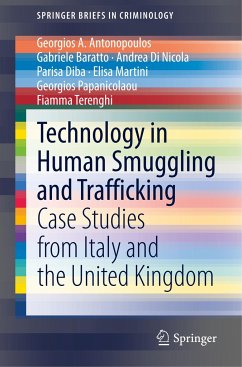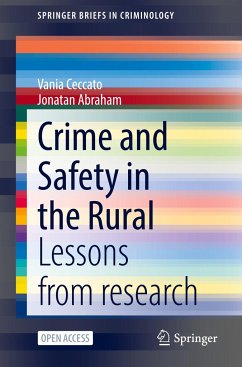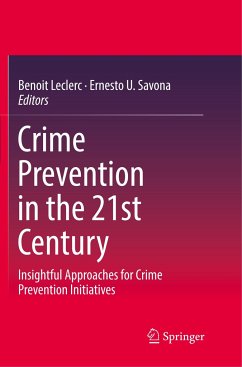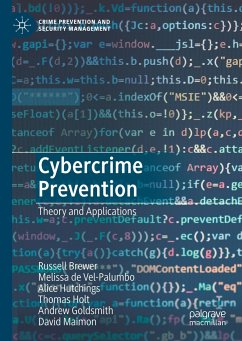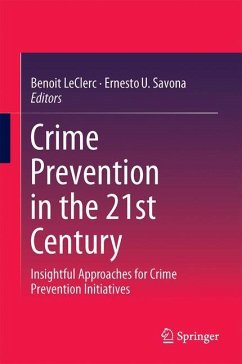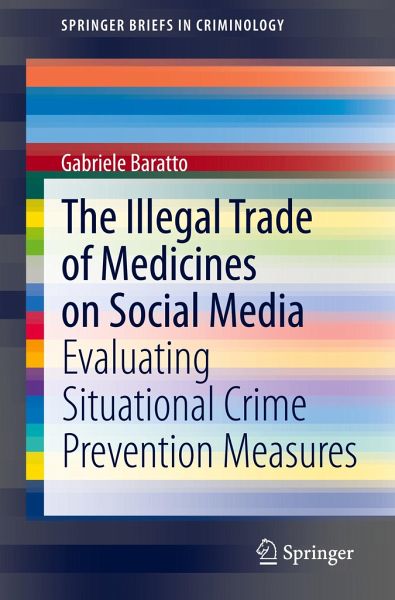
The Illegal Trade of Medicines on Social Media
Evaluating Situational Crime Prevention Measures

PAYBACK Punkte
0 °P sammeln!
This book evaluates the impact of situational crime prevention measures implemented by social media platforms to identifying, blocking, and removing content linked to illegal traded medicines. It discusses the extent of social media usage in trafficking of medicines; the ease of access; visibility of the content; language of posts; products most traded; and types of posts. Research results support the hypothesis of the limited impact of these measures, due not to a lack of effectiveness but to asymmetrical implementation.This volume will be of interest to researchers, law enforcement, policy m...
This book evaluates the impact of situational crime prevention measures implemented by social media platforms to identifying, blocking, and removing content linked to illegal traded medicines. It discusses the extent of social media usage in trafficking of medicines; the ease of access; visibility of the content; language of posts; products most traded; and types of posts. Research results support the hypothesis of the limited impact of these measures, due not to a lack of effectiveness but to asymmetrical implementation.
This volume will be of interest to researchers, law enforcement, policy makers, social media groups, public health practitioners.
This volume will be of interest to researchers, law enforcement, policy makers, social media groups, public health practitioners.





